Industry praises TRAI’s recommendations on Net Neutrality as progressive
The Telecom Regulatory Authority of India (TRAI) last week released its recommendations on Net Neutrality, wherein it has pushed for freeing up access to the Internet. TRAI said that licensing terms need to be amplified to remove discrimination in Internet access based on the content being accessed, the protocols being used or the user equipment being deployed. Content also includes apps, services and any other data that can be accessed or transmitted over the Internet. The discriminatory treatment includes practices like blocking, degrading, slowing down or granting preferential speeds or treatment to any content.
Reacting to the TRAI’s recommendations on Net Neutrality, the Internet Association of India (IAMAI) has said that that the recommendations are progressive and are in line with the debates in the industry and user groups that have been raging since the last two years.
For the industry, the recommendations are pragmatic in the sense that it recognises the requirements of expansion of digital services in the country; when it makes reasonable exceptions for specialised services, reasonable traffic management practices or fulfilling international treaty agreements. Special provisions for IoT, specialised services and CDNs reflect a forward looking recommendation that takes into account the needs of the foreseeable future.
According to IAMAI, for the consumers, these recommendations, read in continuance with the earlier position on Differential Pricing, bring the entire debate on Net Neutrality to its logical conclusion. The debate of net neutrality was about the freedom and choice of access for end users. By bringing all possible agencies of the ecosystem under the ambit of net neutrality with special provisioning that prevents collusive pricing of services (or bundled services), TRAI has ensured that customers are not coerced into walled gardens setup with collusions between different agencies of the digital ecosystem.
Therefore, internet in India unlike possibly in the US or China, is going to be ‘free and open’ upholding the democratic principles of our country.
However, the government needs to act with speed on these recommendations. The TRAI position on differential pricing had a sunset clause of 2 years, which is fast coming to an end. Thus, according to IAMAI, these recommendations should be adopted at the earliest, or else all the above mentioned benefits will be lost.
Meanwhile, reacting to the recommendations, Gurmit Singh, VP and MD, Yahoo India (now Oath), said, “As a media and technology company, at Oath we firmly believe that net neutrality and an open internet are vital for our business, important to our global community of users to access our content when and how they want, and essential for innovation to flourish. We will carefully review the details of this proposal with these longstanding principles in mind.”
Welcoming TRAI’s views, Manav Sethi, CMO, ALTBalaji, called them “very progressive” and which established quality and equitable treatment. “Nobody, including Telcos or ISPs should have the option or power to allow any of the platforms that have deeper pockets to subsidise the cost and hence, stifle the competition and the new start-ups, which would otherwise struggle to grow. At the end of day, from a regulator standpoint, it is incumbent that the regulator fosters innovation, equality and an environment which is competitive so that the price discovery and consumer discovery happens on its own. It should not give any preferential treatment, no matter what.”
Also coming out strongly in support of TRAI’s recommendations was Vivek Bhargava, CEO, DAN Performance Group, who said, “In a country where more than half the country does not have access to internet, it is critical that we have a strong Net Neutrality policy. Unless the freedom of choice on the internet is enforced, large corporations could easily make all other start-ups irrelevant.” At the same time, he said that the challenge lay in finding the balance, how one could encourage companies to provide subsidised or free internet and still not force consumers to only get that benefit on a specific app or platform.
“To most people, the internet is as essential as electricity or water. Increased regulatory control to ensure fair practices is not surprising. If implemented well, Net Neutrality stands to level the playing field in areas that are today dominated by a few giants. To that extent, it’s a welcome move as the smaller players, publishers and platforms will gain. The exclusion of essential services should also open up new possibilities for smaller players to grow and new players to enter. Think Uber for ambulances, emergency support services, security services, etc. I would love to see this move leading to increased investments in these areas,” commented Vikas Mehta, Chief Executive Officer, PointNine Lintas.
Manish Maheshwari, CEO, Network18 Digital, too, welcomed the move and remarked, “It is good that TRAI has come out with clear guidelines to stop any discrimination based on content accessed, protocol used or equipment deployed.”
In a similar vein, Rajiv Dingra, Founder and CEO, WATConsult, called it a great move by TRAI and added, “Net Neutrality is key to fair and unbiased internet growth in India and I am glad that TRAI has stood by the principles of openness and access for all.”




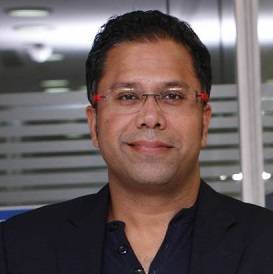






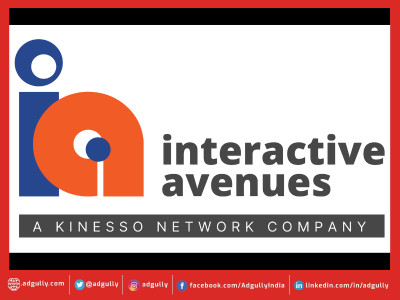
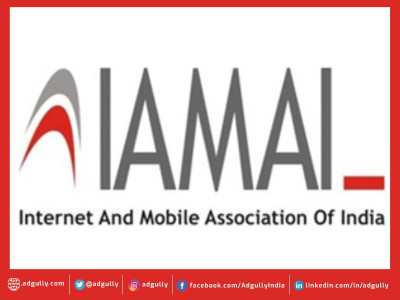
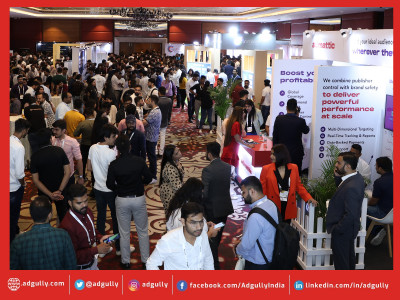

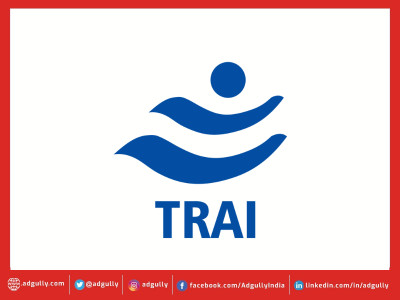
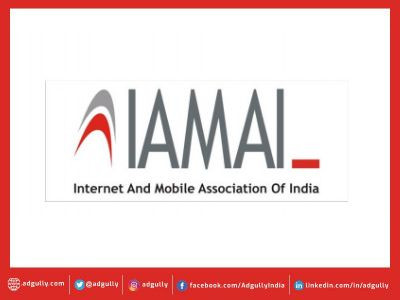




Share
Facebook
YouTube
Tweet
Twitter
LinkedIn